How to Help Teens Process Media
An article by one of our own EDGE Educators, Rick Sherrill
In an era dominated by sensational headlines and political turmoil, parents play a crucial role in shaping their teens' perceptions of the world. Young brains absorb the tone of adult conversations around them, but adolescents haven’t developed the critical thinking skills needed to process what they perceive as dangerous or threatening. With the internet and social media in hand, a 12 year old is LEARNING about war, natural disasters, famine, terrorism, and political division at a level of graphic detail unseen in human history, escalating fear in young people, despite a HUGE decline in terror, violence, and human rights abuses over the past three decades.
In the 90s, a time of more crime, war, and poverty than we live in today, most teens knew very little about actual issues of crime, politics, terrorism, poverty etc. in America, and what they did learn about was “ filtered down” from a parent or teacher who read a newspaper or watched CNN, activities teens would find boring. The young brain didn’t have to process videos of violent crimes, war, or terrorism. Viral videos of kids being “jumped” and beaten were not a concern.
It’s a bit ironic that as our country and the world in general progress overall, the information age has amplified the worst aspects of human nature. Amidst the clamor of negativity, a psychologist from Harvard, Steven Pinker, set out to challenge many of the false narratives that were harming our mental health as a nation. His research on human prosperity reveals extensive global progress over the past three decades.
Consider the remarkable decline in global poverty, plummeting from a staggering 30% to less than 10% in less than three decades. Child and maternal mortality rates have sharply decreased, and illiteracy is on the wane. It's a testament to the collective efforts of humanity in solving global challenges. Also our air and water are the CLEANEST they have been since the industrial revolution. Our “carbon footprint” as a nation is roughly about 10 percent of that around 50 years ago.
One of the most significant trends Pinker highlights is the decline in war. Despite sporadic conflicts making headlines, statistics show that today's world witnesses a fraction of the casualties compared to the '60s, '70s, and '80s. The signing of the Colombian Peace Agreement marked the end of the last war in the Western Hemisphere, leaving an entire hemisphere free of conflict. In fact, five-sixths of the earth's surface is now free from war, a statistic often overshadowed by sensationalized media. We are literally living in the MOST peaceful time in US history!
The decline in global dictatorship is another noteworthy achievement. More nations have embraced democratic values, fostering a world that is gradually becoming more tolerant and peaceful. America, too, stands as an example of progress, with increased tolerance and acceptance, fostering a society more inclusive and harmonious than ever before.
Health-wise, we are living in an era of unprecedented advancements. Diseases that once posed insurmountable threats are now being eradicated or effectively managed. Mortality rates, both for children and mothers, have seen substantial declines. Pinker's research underscores the substantial improvements in global health, making the world a safer and healthier place.
Moreover, our collective intelligence is on the rise. The Flynn Effect highlights a consistent increase in IQ scores, indicating that each generation is, on average, getting smarter. This bodes well for the future, as a more intelligent society is better equipped to tackle challenges and foster progress.
While these positive trends are often drowned out by alarming headlines, it's crucial for parents to impart this perspective to their teens. Good news rarely sells as well as fear-inducing headlines, and politicians may sometimes capitalize on public apprehension. However, by focusing on the data and long-term trends, parents can guide their teens to see through the sensationalism and appreciate the nuanced reality of a progressing world.
In the midst of an election year where drama is inevitable, encourage your teens to be critical consumers of information. Emphasize the importance of reason over fear, and empower them to contribute to the ongoing progress. By fostering a sense of optimism, positivity, and gratitude, parents can equip their teens to navigate the world with resilience, confidence, and hope.
